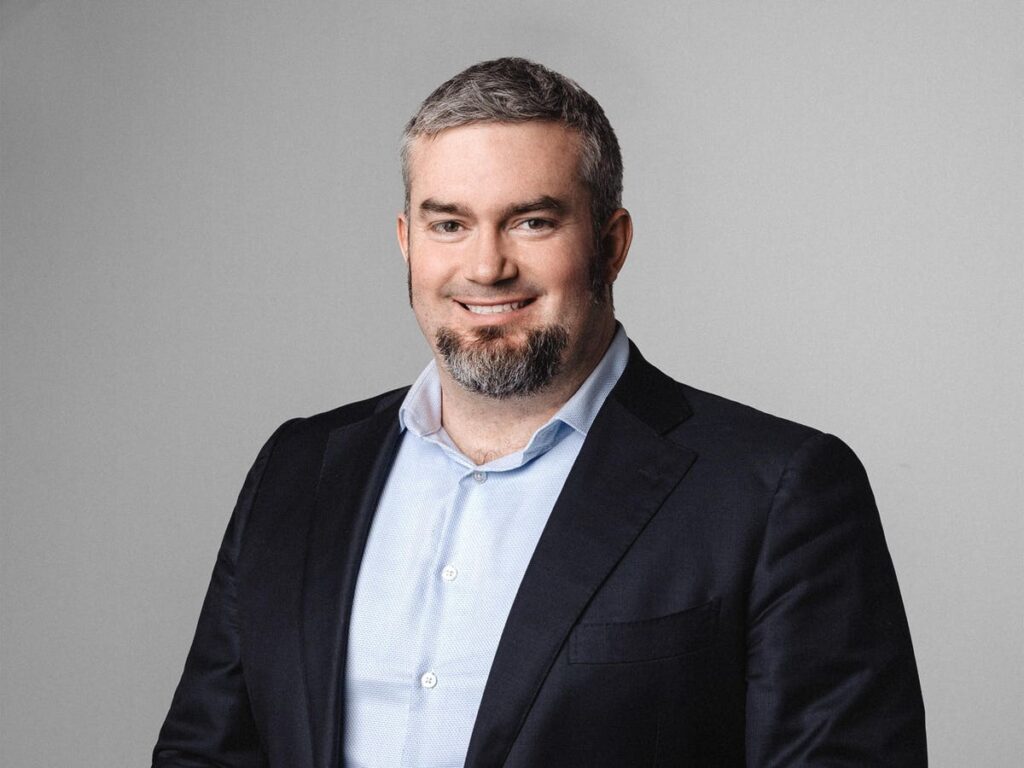San Francisco’s Anchorage Digital Bank, N.A., a federally chartered crypto bank, primarily focused on trust and custodial services, is launching Atlas, a global network designed for the settlement of cash and digital assets.
Established in 2017, Anchorage ranks among the largest crypto custodians, overseeing more than $50 billion in assets for institutions such as Citadel Securities-backed EDX Markets and Apollo Global Management
Apollo Global Management
, who is also an investor. Other notable backers include Goldman Sachs
Goldman Sachs
, Andreessen Horowitz, and the Singaporean sovereign wealth fund GIC. Anchorage, which is not permitted to take deposits and make loans, like most banks, was last valued at $3 billion in December 2021 in a $350 million Series D round, led by KKR.
Institutional-grade custody requires robust infrastructure for asset movement. “It’s really important for us to cover the gamut of assets that people would like to settle, whether cash or crypto, and having all of that within a nationally chartered bank allows a level of trust and guarantee of oversight that is unmatched,” cofounder and CEO Nathan McCauley told Forbes in an exclusive interview. He previously led security engineering teams at Square and the software platform Docker.
Anchorage Digital’s new network facilitates the settlement of hundreds of digital assets already supported by Anchorage, along with U.S. dollars. It enables various settlement types, including over-the-counter (OTC) settlement, OTC margin/collateral management, and off-exchange settlement with round-the-clock fund availability.
Atlas provides direct settlement on a blockchain between wallets, instead of relying on intermediaries, ensuring assets remain with parties until the moment of settlement. Participants can also transfer or settle many types of assets in a single operation, thereby reducing overhead costs, and can access overseas counterparties through Anchorage’s Singaporean arm.
This service should be faster and safer than traditional means of moving funds. In the OTC market, for instance, where trades occur off-exchange between clients, market makers and OTC desks, settlements are handled bilaterally between each pair of trading counterparties. Despite some wallet solutions presenting themselves as settlement networks that streamline the settling process, there remains significant counterparty credit risk.
Altas can also be seen as a successor to popular networks spearheaded by Silvergate and Signature banks, both of which ceased operations last spring in the wake of the FTX collapse. Exchanges like Coinbase used both Silvergate’s Silvergate Exchange Network (SEN) and Signature’s Signet to help institutional clients fund and settle their accounts with near-instantaneous speed around the clock. From 2019 until their closure in 2023, the networks provided by these banks facilitated the movement of over $2 trillion to and from the digital asset market.
Over the past quarter, Atlas has undergone rigorous testing with partners such as venture capital investment firm CoinFund, clearinghouse EDX Clearing, and digital asset brokerage Nonco. McCauley says it is already settling “hundreds of millions of dollars in digital assets.”
Amid a broader market retreat last year, Anchorage faced challenges, cutting 20% of its staff in March 2023. However, it is hoping that the launch of Atlas, combined with a growing demand from U.S. bitcoin spot exchange-traded fund issuers to diversify custodians, will drive new sources of revenue.
McCauley refrained from disclosing whether Anchorage is currently engaged in discussions with the issuers but hinted at the possibility of future partnerships: “All of the ETF issuers care about the diversity of their custodial infrastructure, and I think people see a lot of value in our federal bank charter.”
Read the full article here


